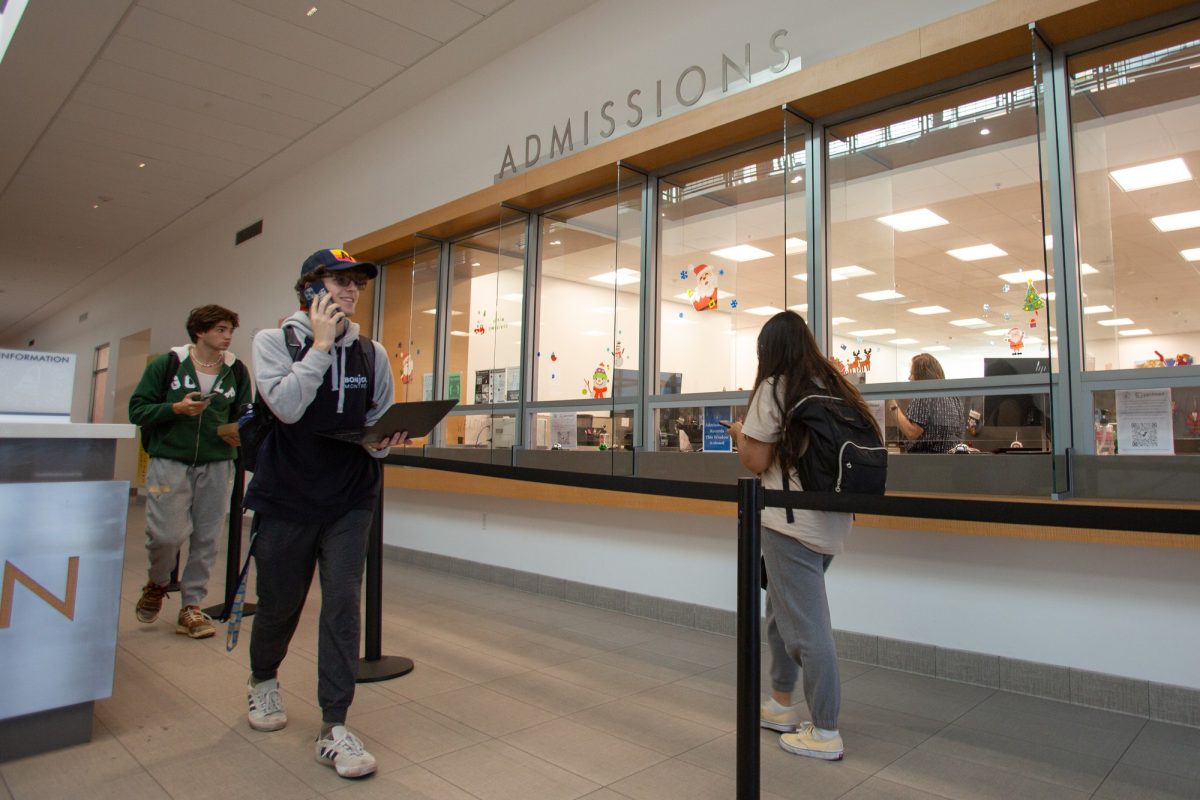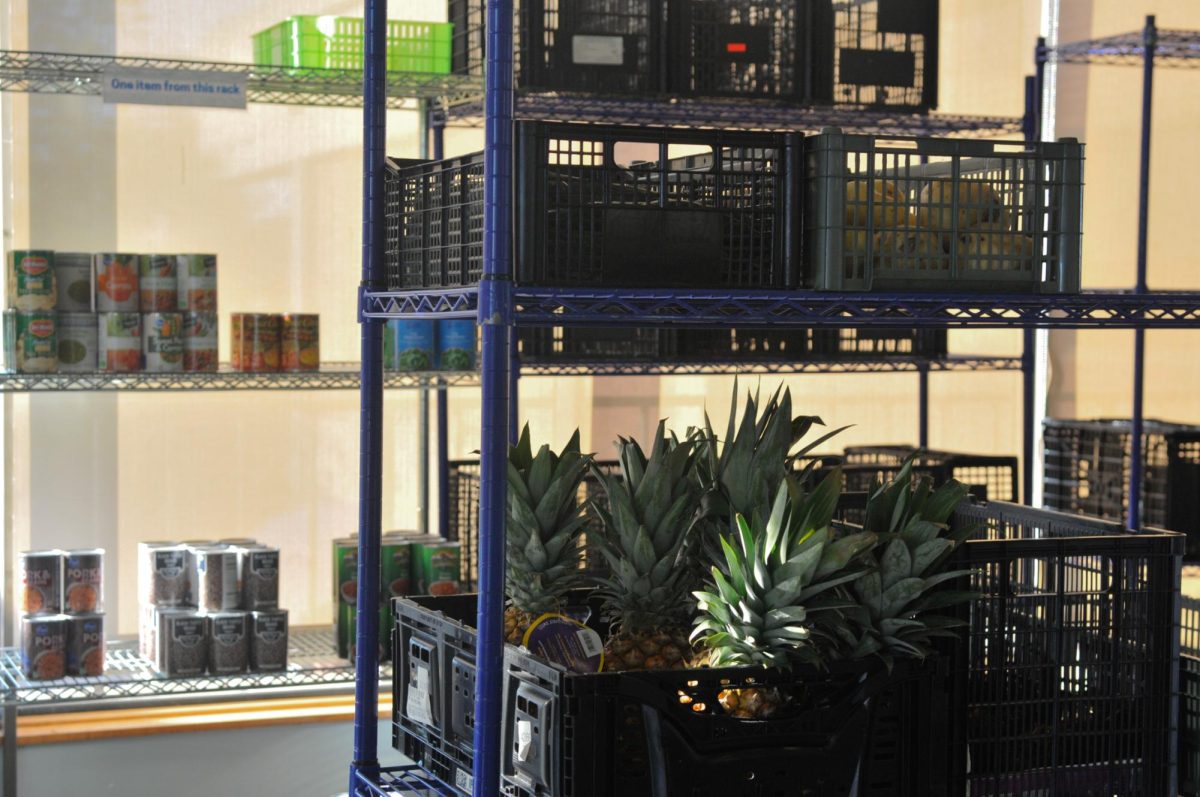With a worldwide pandemic taking place, EC students seem to have little intimidation of the swine flu.
With no vaccine available at the moment, EC is taking precautions to prevent an outbreak on campus, even if that means sending students home.
To this point, every state in the U.S. has reported at least one instance of swine flu, with a total of 9,079 cases of hospitalization and 593 reported deaths according to the Centers for Disease Control and Prevention.
The states hit hardest include Alabama, Alaska, Florida, Georgia, Mississippi, and South Carolina.
Experts expected the summer heat to kill the swine flu, but they have instead seen an increase in cases, according to the New York Times.
Although those same experts are worried about a possible major outbreak of swine flu come winter, EC students are not.
“I’m not planning on getting the vaccine,” Jacob Wysocki, 19, English major, said. “I think this pandemic is overrated and people need to stop being concerned with such events in times like these.”
According to the New York Times, there were 4,045 new swine flu cases recorded between Aug. 29 and Sept. 4.
These cases were reported from more than 200 different universities and colleges.
Washington State University has recorded at least 2,000 cases of swine flu among its students, according to the New York Times.
Since Aug. 21, the Health Center on Washington State’s campus had about 200 students visiting a day.
The symptoms include coughs, fevers as high as 104 degrees, sore throats and muscle aches according to the New York Times.
The spike in flu-like symptoms occurred after the fraternity and sorority rush week.
The close proximity between students at these events and their likelihood of sharing drinks created a breeding ground for the swine flu, according to the New York Times.
“We’re asking people with fevers not to attend class,” said Dr. Kim Bailey, director of the nursing department.
The EC Health Center has offered various suggestions so as to prevent the spreading of the flu.
These include washing your hands often, avoiding touching your eyes, nose, or mouth, covering coughs and sneezes with arms or shoulders and, keeping a safe distance from those who cough or sneeze, avoid sharing food and drink, along with staying home when becoming sick.
At the moment, there are no seasonal flu or swine flu vaccines available at the Health Center.
The Health Center has stated that it will not be conducting any influenza testing this semester, but some students and faculty feel the Health Center should be doing more to prevent an outbreak of swine flu.
“I think there is a chance that (EC) will be affected, and that the college should be taking part in more preventive activities than they are currently,” Barbara Budrovich, English professor, said. “I will be getting the vaccine when it comes out.”
According to a report by National Public Radio, the swine flu vaccine could be ready by late October.
Many students will not be getting the vaccine, as a lot of students think this flu is a little overblown and not worth all of the worry.
“I think people are being more cautious,” Jessica Hercules, 18, Art major, said.
“But when the whole thing calms down, people will go back to acting normally.”
Categories:
Students not afraid of swine flu
By Nick Kemalyan
•
September 17, 2009
More to Discover








